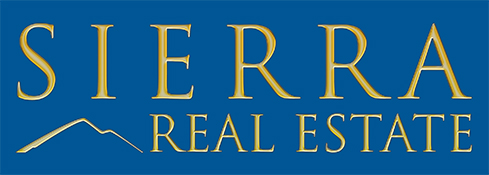So you want to calculate the price tag on a house rehab, but you have no construction background. How do you go about it?
Understandably, this is a common scenario that holds many people back from flipping houses. It’s also one of the most common questions people ask Tarek and me.
A rehab’s costs involve more than just what you pay your contractor, so ensure you consider them all by dividing them into five categories:
- Costs of a rehab team
- Costs of purchase
- Costs of rehab
- Costs of ownership
- Costs of selling
Costs of a rehab team
Build your rehab team before you start a project. This gives you time to thoroughly screen each of your team members. The last thing you need is to hire the wrong home inspector or contractor because you were closing on a deal and crunched for time.
You want qualified people who understand your needs and investing as a business. If you’re wondering what your team should look like, here are the main players:
- Attorney
- Lenders
- Real estate agent
- Insurance agent
- Contractor(s)
- Home inspector
Ask other, more seasoned real estate investors for recommendations. It’s a good way to find solid, trustworthy team members, and most investors will be glad to recommend who they use.
The only possible exception to this is contractors. Good contractors can be hard to come by, and a real estate investor may not be willing to compete with you for their contractor’s time. So, you may be on your own.
If you find yourself in that situation, ask employees at your local lumberyard or hardware store for recommendations. You can also search sites like Craigslist or Angie’s List, but you’ll want to personally vet whomever you choose.
Once you assemble your team members, use their help to get more accurate rehab numbers. It could also be beneficial to enroll in a program for learning the ins and outs of real estate investment, like Success Path.
Costs of purchase
The biggest chunk of this category is probably the money you’ll pay to close on the property. But also included here is any expense you might have incurred while hiring your team members.
There are some other hidden costs here that you might not have thought of, such as flood certificates or various government fees. But in general, your main expenses will likely include the following:
- Purchase price
- Home inspection
- Home appraisal
- Surveys
- Lender fees (your bank’s closing costs, appraisal fees, origination costs, etc.)
- Attorney fees
Costs of rehab
This includes contractor fees, permits, and any work done on the house. It can be difficult to get an accurate number for this category, but there are a few things you can do to get close.
First, pay your contractor to do the walkthrough with you. Get their advice on things that need to be fixed or changed, and get a quote from them.
Or, find a home inspector with construction experience, then ask questions and listen to their input as they inspect the house.
You could also try partnering with another more experienced house flipper so they can teach you the tricks of the trade.
Costs of ownership
These expenses happen while you are in possession of the home. This is a common area overlooked by inexperienced house flippers, so make sure you account for these expenses:
- Mortgage payments
- Property taxes
- Property insurance, including flood insurance, if necessary
- Utilities
- Yard upkeep
Costs of selling
It might seem like this category should be all profit. That may be true if you do the job right, but it’s still important to budget for the costs that come with selling a house, like the following:
- Selling price
- Real estate commission
- Home warranty
- Radon and lead tests, termite inspection, and other tests buyers sometimes request
- Staging
- Attorney fees
Get to work building your team today to get the best estimate possible for your house flipping project!
Related:
- 5 Common Mistakes Newbie Flippers Make
- The Highs and Lows of Flipping Houses
- Will 2017 Be the Year of Your First Flip?
Note: The views and opinions expressed in this article are those of the author and do not necessarily reflect the opinion or position of Zillow.
